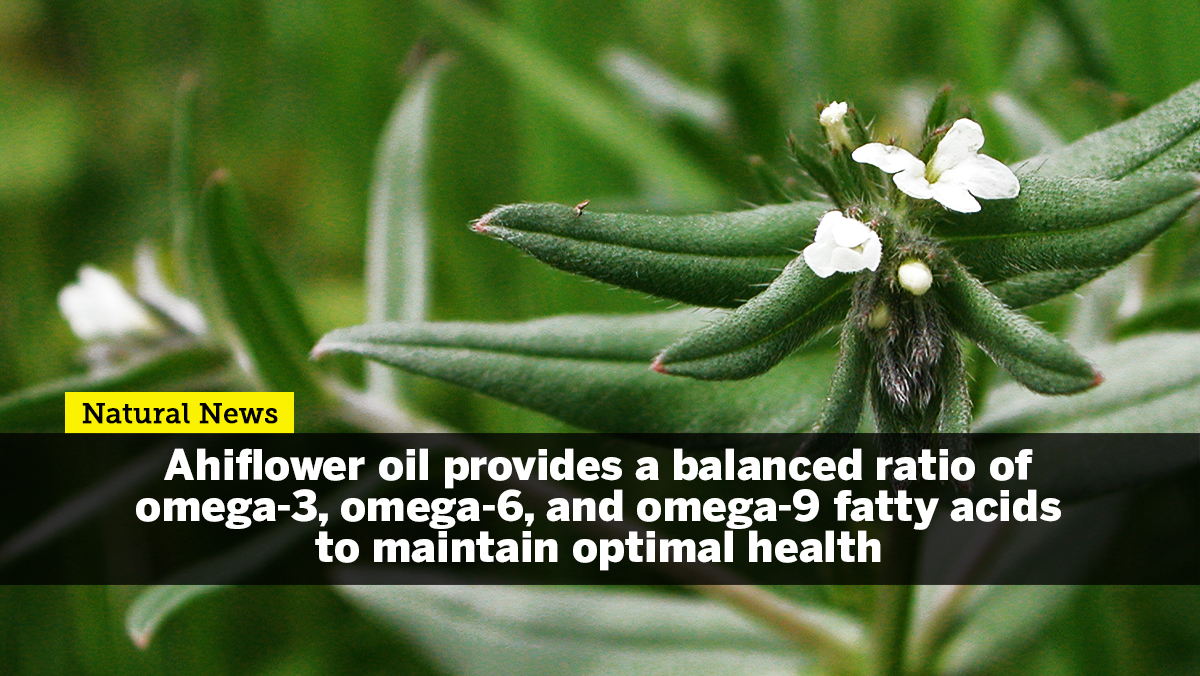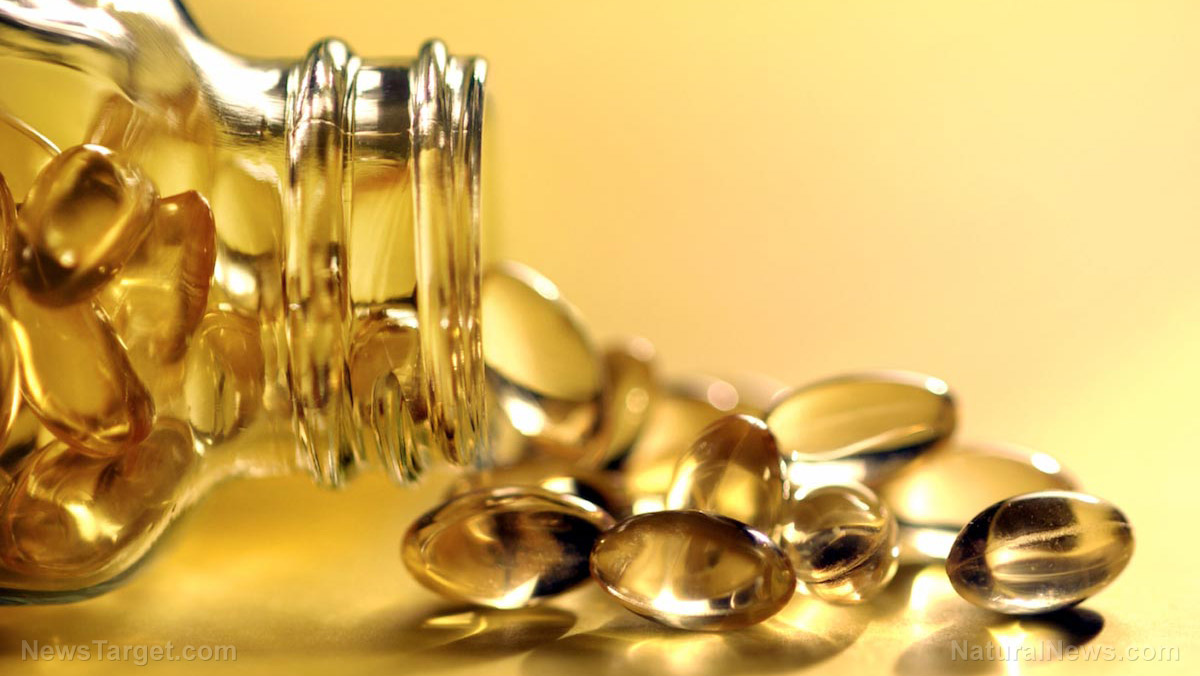A good foundation: Research shows supplementing with omega-3s during pregnancy protects children from high blood pressure later in life
10/09/2019 / By Melissa Smith

Pregnant moms may protect their children from high blood pressure later in life by eating oily fish or taking omega-3 supplements every day, according to a study published in the JAMA Network Open. The findings are important because the number of obese children in the U.S. who experience high blood pressure continues to increase.
The study, which was conducted by researchers at the University of Kansas, enrolled pregnant women at the KU Medical Center’s Maternal and Child Nutrition and Development Lab from March 2006 to September 2009. The researchers examined a total of 171 children born in Kansas City.
During pregnancy, half of the children’s mothers took 600 milligrams (mg) of docosahexaenoic acid (DHA) every day until birth, while the other half took a placebo. DHA is an omega-3 fatty acid that can be found in fish oil supplements, fish, and seafood like oysters and roe. The researchers measured the children’s blood pressure every six months between the ages of four and six.
The researchers found that among obese children below six years old, some of them did not experience high blood pressure. Further analysis showed that most of these children had mothers who took DHA during pregnancy. On the other hand, overweight or obese children whose mothers only took a placebo during pregnancy experienced an increase of 3.94 millimeters of mercury (mmHg) in systolic blood pressure and a 4.97 mmHg spike in diastolic blood pressure.
The researchers explained that having high blood pressure during childhood could have long-term consequences for their health. This is because blood pressure tracks over time, and people with high blood pressure early in life tend to have it later in life as well.
“This research is aimed at expectant mothers and pediatricians who wonder what you can do prior to the birth of your child to optimize health and behavior outcomes,” said Carlson John Colombo, professor of psychology and one of the authors of the study.
Supplementing with omega-3 during pregnancy improves health outcomes for both moms and babies
A Cochrane Review found that taking fish and fish oil containing both DHA and eicosapentaenoic acid (EPA) during pregnancy can reduce the number of babies born prematurely and may improve outcomes for children and mothers. It was also found that mothers who took omega-3s had a lower chance of having a baby with low birth weight.
Another study, which was published in the JCI Insight journal, revealed that omega-3 fatty acids during pregnancy can help prevent preterm birth, stillbirth, and neonatal death caused by Fusobacterium nucleatum, a common bacterium in the mouth. Everyone has it in their mouths, but once it reaches other parts of the body, it causes health complications, such as uterine infections.
The American Pregnancy Association encourages pregnant women to take omega-3 fatty acids, particularly DHA and EPA. Adequate intake of these healthy fats is important for regulating the production of prostaglandins. These are hormone-like substances responsible for many bodily functions, such as blood pressure, blood clotting, nerve transmission, inflammatory and allergic responses, hormone production, as well as kidney and digestive tract functions.
Omega-3s also have a positive effect on the fetus’ development of the nervous system. These nutrients may also lower the risk of allergies in babies.
Pregnant women often have low levels of omega-3s, which is why supplementation is important. Women can get omega-3s from fatty fish; however, mercury and other toxins are a big concern during pregnancy. For this reason, it would be better to take purified, high-quality fish oil supplements instead.
Sources include:
Tagged Under: alternative medicine, cardiovascular health, childhood obesity, children's health, DHA, docosahexaenoic acid, eicosapentaenoic acid, EPA, fatty acids, fatty fish, Fish Oil, food cures, food is medicine, functional food, heart health, high blood pressure, hypertension, oily fish, omega 3, omega-3 fatty acids, overweight, pregnancy, pregnant women, prevention, research, supplements, women's health
RECENT NEWS & ARTICLES
Omega-3.News is a fact-based public education website published by Omega-3 News Features, LLC.
All content copyright © 2018 by Omega-3 News Features, LLC.
Contact Us with Tips or Corrections
All trademarks, registered trademarks and servicemarks mentioned on this site are the property of their respective owners.



















